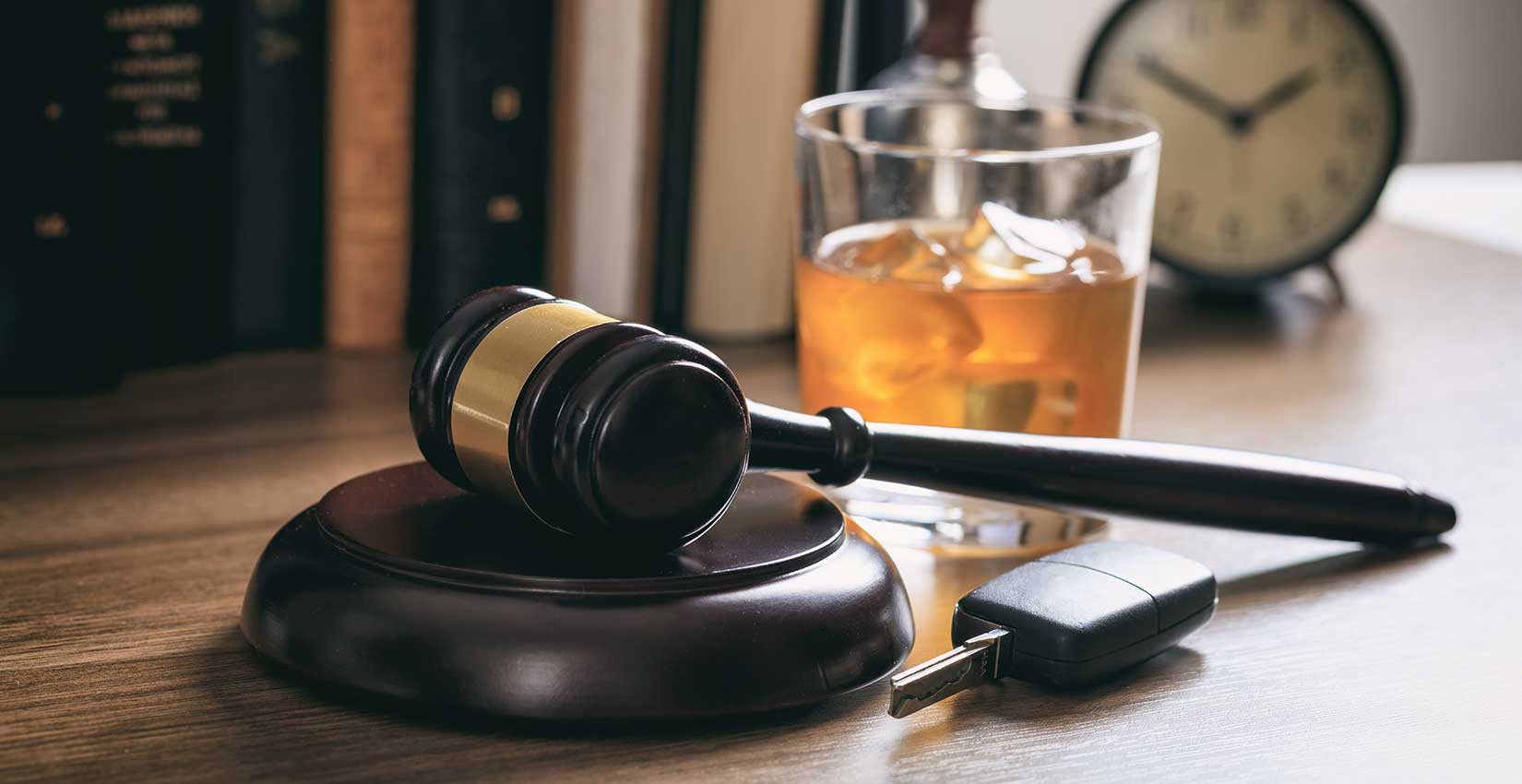“Can I be charged with OWI if my car was on private property?”
The Michigan Supreme Court ruled that it is illegal to operate a vehicle while intoxicated on private property if that property is capable of being reached by a motor vehicle.

The Michigan Supreme Court Expanded the OWI Law to Absurd Proportions
The game has changed in Michigan. The Michigan Supreme Court has ruled that a person driving a car while intoxicated, even on private property, can still be charged with Operating While Intoxicated if the area is “capable of being reached by a motor vehicle.” This ruling regarding OWI charges on private property is a stark difference between the state of the law before this truly expansive decision. Previously, the prosecutor could only charge an OWI for an offense on public property, or an area traveled or accessed by the public.
The law regarding OWI in Michigan, according to the statute, is that the area where the suspect’s vehicle was traveling must have been “generally accessible” to motor vehicles. Before this recent decision of the Michigan Supreme Court, multiple court decisions found that a car on private property was not being driven in an area “generally accessible” to motor vehicles.
Michigan’s OWI Laws and Private Property
Specifically, Michigan’s drunk driving law states that a person shall not operate a vehicle upon a highway or other place open to the general public or generally accessible to motor vehicles, including an area designated for parking vehicles, within this state if the person is operating while intoxicated.
Operating While Intoxicated (OWI) means that the person is under the influence of alcoholic liquor, a controlled substance, or other intoxicating substance or a combination of alcoholic liquor, a controlled substance, or other intoxicating substance. It can also mean that the person has an alcohol content of 0.08 grams or more.
Operating While Visibly Impaired (OWVI) is a lesser offense of OWI and is frequently referred to as Impaired Driving. This law states that a person shall not operate a vehicle in a place open to the general public or generally accessible to motor vehicles when, due to the consumption of drugs or alcohol, the person’s ability to operate the vehicle is visibly impaired.
Either OWI or OWVI can be charged on public or private property.
Penalties for OWI or Impaired Driving can be pretty complex.
A first offense OWI or OWVI is punishable by up to 93 days in jail and up to 2 years of probation. A second offense carries up to 1 year in jail, and a third offense is a felony punishable by up to 5 years in prison and up to 5 years of probation.
A suspended license, an injury or death, a child in the car, a prior felony record, and other factors can substantially increase these potential punishments. An OWI with a high bodily alcohol content (BAC) carries a maximum possible sentence of up to 180 days in jail.
The new OWI decision in the Supreme Court is a game-changer
In the recent case before the Michigan Supreme Court, the police observed the defendant backing out of his detached garage, driving backward for 25 feet, and then pulling back into the garage. The vehicle backed up only to the point that it was in line with his house and still on his private land. There was no allegation that the defendant drove the car on a public road or over an easement or sidewalk readily accessible to the public. The MI Supreme Court changed the rules, and now the test is whether the area can be reached by a vehicle, regardless of whether the site is private.

License Sanctions for a Drunk or Drugged Driving Conviction
For some people, the loss of driving privileges is more problematic than a jail sentence. Some defendants convicted of OWI lose their driver’s license and go decades or longer before achieving license restoration. At least a jail sentence comes to an end.
For a first offense OWI or a second offense that occurred greater than 7 years before, the time of the suspension is limited, and other factors determine whether a restricted license is possible or not. In some cases, a restricted license is prohibited for a time. In those situations where there are two convictions within 7 years or three within 10 years, the Michigan Department of State indefinitely revokes a person’s driver’s license. The only way to achieve license restoration following a revocation is to appeal the revocation to the Drivers Assessment and Appeal Division (DAAD) after a minimum of 1 year. This process is complex, and the odds are stacked against the petitioner. It takes years of experience, intensive preparation, and a track record of winning before a lawyer is in a position to win these DAAD hearings routinely.

OWI Charges in Michigan – Your Best Defense
If you are charged with DUI or OWI in Michigan on private property or public property, you need aggressive and effective defense lawyers to ensure your fair treatment. We can help you avoid jail and avoid losing your driving privileges. Courts, like the Michigan Supreme Court, bend over backward to help prosecutors secure convictions. Only an elite group of OWI defense lawyers in Michigan would have the knowledge, reputation, and tenacity to stand up to harsh judges and get charges dismissed or reduced.
The defense team with LEWIS & DICKSTEIN, P.L.L.C. has a reputation built on decades of successfully defending DUI, OWI, Impaired Driving, and Driving Under the Influence of Controlled Substance charges. We have achieved many dismissals and reductions to non-alcohol-related offenses, which may be possible in your case.
Call us today at (248) 263-6800 for a free consultation or complete an online Request for Assistance Form. We will contact you promptly and find a way to help you.












